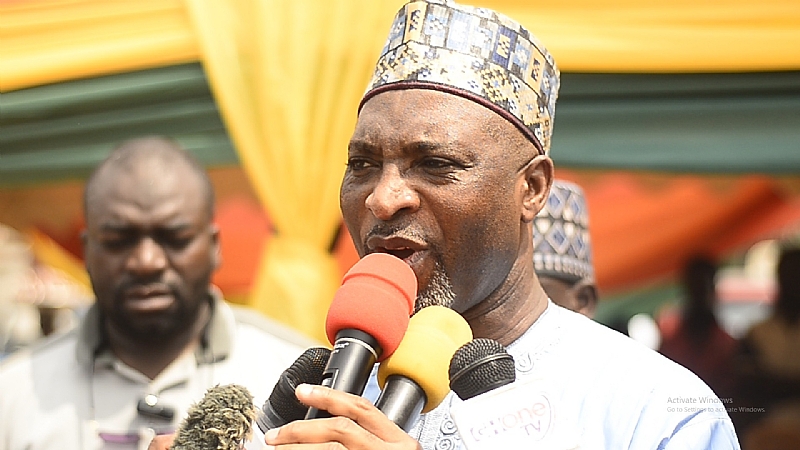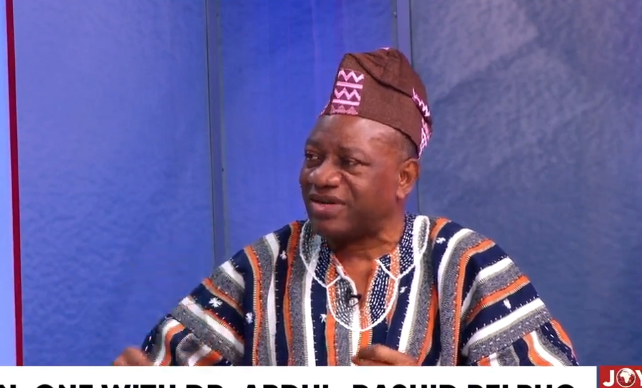Interior Minister, Muntaka Mohammed-Mubarak, issued a stern warning to police personnel engaged in unauthorized private protection arrangements for celebrities, business executives, and political figures, stating that violators would face strict disciplinary measures.
Speaking at the Regional Commanders Conference of the Ghana Police Service in Accra, Mr. Mohammed-Mubarak directed the Inspector General of Police (IGP) to conduct a comprehensive audit of all current VIP protection deployments to ensure compliance with official protocols.
“The Ghana Police Service must remain neutral and professional, particularly as we head into the upcoming elections,” the minister said, emphasizing the need for rapid response capabilities and impartial law enforcement.
Mr. Mohammed-Mubarak also laid out a broader vision for addressing rising security threats, calling for the adoption of international best practices to combat armed robbery and violent crime. These include predictive policing driven by data and intelligence, enhanced community policing efforts, smart surveillance systems, and the deployment of targeted rapid response units.
In a bid to bolster operational capacity, the government has earmarked 1 billion Ghanaian cedis (approximately $83 million) in retooling funds for the country’s security agencies, with the Ghana Police Service expected to receive a substantial share of the allocation.
IGP Christian Tetteh Yohuno, also addressing the conference, said the gathering provided a crucial platform for evaluating strategy and reinforcing operational effectiveness. He praised regional commanders for recent successes in disrupting criminal networks, but stressed the need for sustained collaboration and strategic planning.
“Our strength lies in collective action and innovation,” the IGP said. “Maintaining public trust and safety remains our highest priority as we navigate evolving security challenges.”
The conference comes amid heightened concerns over political tensions ahead of national elections, with security forces under increasing pressure to deliver both impartiality and impact in their public service.













